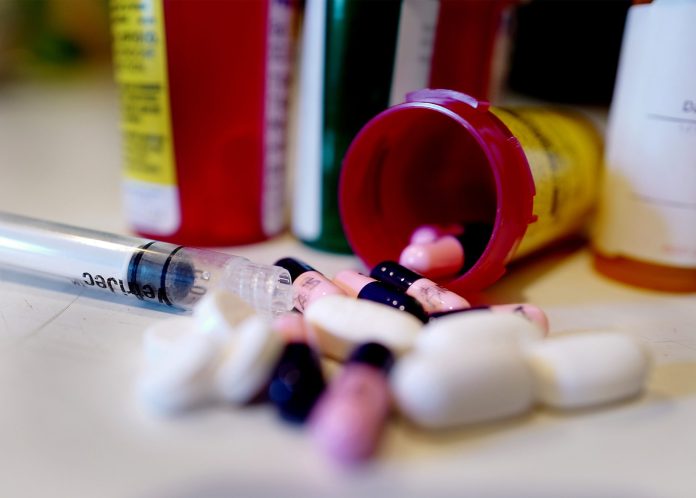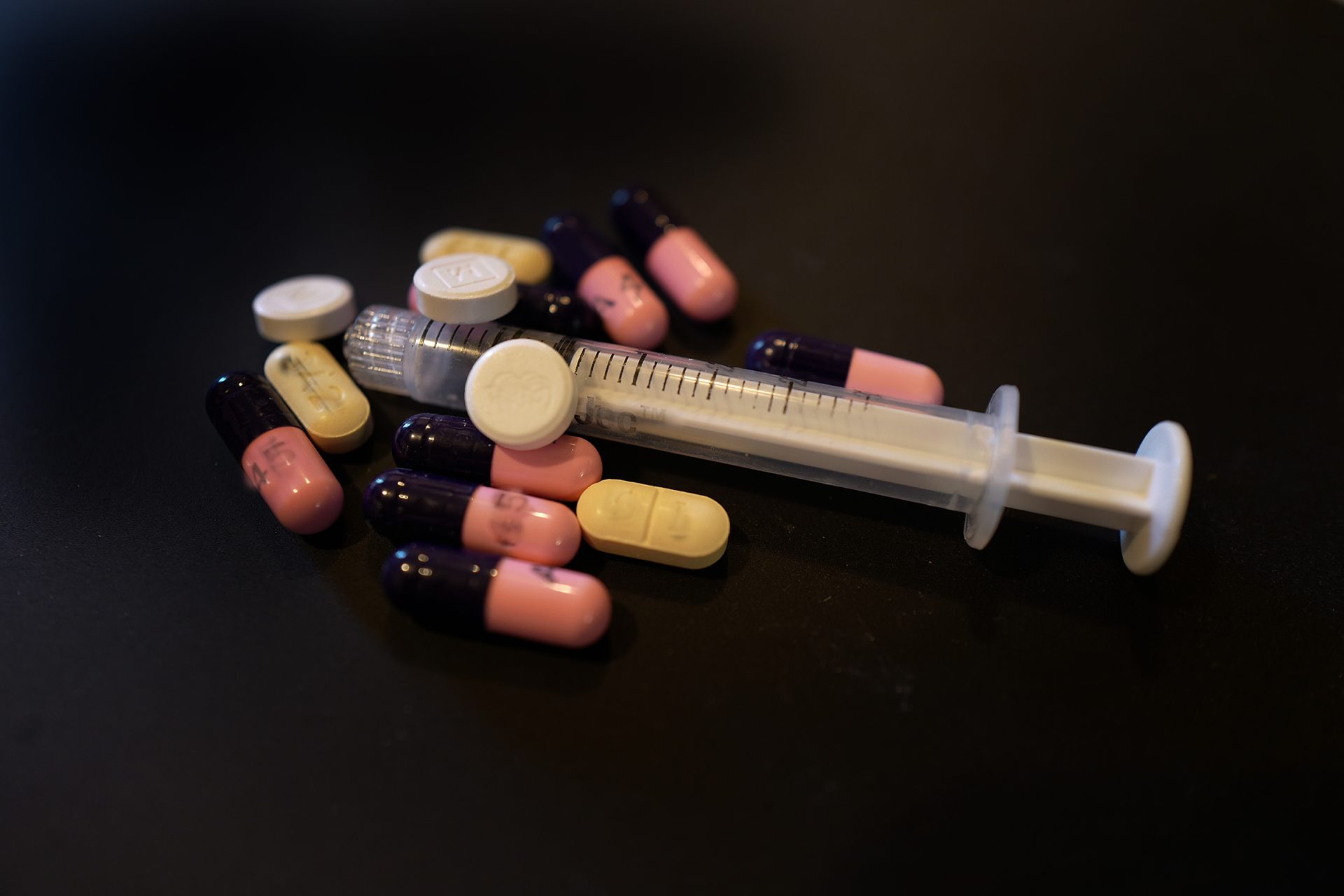
|
Only have a minute? Listen instead
Getting your Trinity Audio player ready...
|
Some are so gripped by grief that it changes them. For many, it’s an ever-present and unfillable void. For others, it can transcend nearly every aspect of their lives.
Take Adelína Olívares of Alamo, who said she lost her 20-year-old nephew to a fentanyl-related overdose about two years ago. She explained that although his death was difficult, she wants to continue to channel that pain into motivation to help others struggling with substance abuse.
As program director for three of the recovery programs at Behavioral Health Solutions of South Texas, she not only pulls from her expertise in chemical dependency counseling but from her personal experience to treat residents who struggle with addiction in the Rio Grande Valley.
Saturday is International Overdose Awareness Day, a global observance marked every Aug. 31, and Olívares spoke with MyRGV.com about the importance of having support services available to those struggling with substance abuse.
Olívares said that the goal of the day is to prevent overdose by reducing the stigma associated with drug-related death.
“This day means a lot to me because we do emphasize the importance of publicly remembering our loved ones and making it to where their … death, this awful pandemic of overdose, is not in vain,” Olívares said.
She explained that she, like many of her colleagues, hopes to remind community members that they are not alone and that support services are available to them.
“There’s so much love that is being poured out of the hearts of the people I work alongside,” Olívares said. “It’s not just a job for us.”
It is that motivation that has helped the facility to continue to expand its services to meet the needs of the community.
“We do know that it’s (overdose deaths) been a growing pandemic,” Olívares said.
The Centers for Disease Control and Prevention estimated that overdose deaths due to synthetic opioids like fentanyl have increased from 2023 to 2024 in the U.S., from 74,702 to 76,226.
Natural or semi-synthetic overdose deaths also spiked during that period from 10,171 to 12,135.
But psychostimulants (including methamphetamine) overdose deaths slightly dipped from 36,251 to 35,550, as well as those attributed to cocaine from 29,918 to 28,441.
She explained that recently there has been a trend that shows people looking for the “next popular thing,” which has become more and more dangerous due to the impurity of the narcotic.
Olívares added that due to the mix of narcotics, there has been a spike in the addictiveness of substances creating an increase in overdose cases.
“Because so much of it is not a pure product it’s very tampered with so many other things … that’s what makes it so dangerous.” Olívares said. “The rate at which people become addicted to it (narcotics) is so much faster than other types of addictions.”
According to Olívares, the facility locally has seen an increase in fentanyl overdoses along with cocaine and methamphetamine.

In order to help prevent overdoses, Behavioral Health Solutions of South Texas has about 24 programs that cover intervention, prevention, treatment and recovery.
She explained that the facility has programs that serve specific needs, including one on one coaching through the use of peer recovery coaches that have what Olívares referred to as “lived experience.”
This allows them to connect with residents easily, which creates trust between the coach and the participants and allows the recovery process to be more successful in the long run.
She added that having this type of coaching is especially helpful due to a majority of their participants being probation- or parole-referred.
Although the referral is only for a specific amount of time, Olívares said she has noticed many of the participants continue the program due to the services available to them, including group sessions, monthly sober activities as well as family activities.
For Olívares, not only are services important in recovery but also creating a comfortable environment for those seeking help.
She explained that their facilities also provide Naloxone, a medication used to treat narcotic overdoses in emergency situations, in what they call “harm reduction” that allows them to prevent overdoses.
Although Olívares said many viewed this as enablement, she believes that creating a safe space for substance users allows them to use while supervised, which ultimately prevents overdose deaths.
For more information about the services available at Behavioral Health Solutions of South Texas, visit their website at bhsst.org or call their intake specialist at (956) 787-7111.
“We continue to strive for bigger networking and outreach efforts,” Olívares said, adding that they currently serve the entire region with offices from Harlingen to Pharr.
Not only do they have services available in person but also have virtual services that allow the facility to reach people living in more rural areas.
There is also a Celebrating Recovery event scheduled from 9 a.m. to 1 p.m. Friday, Sept. 27, at the Landmark on Tower in Alamo, where you can hear testimonies from previous participants.
Editor’s note: This story was updated to clarify the facilities’ use of Naloxone.



